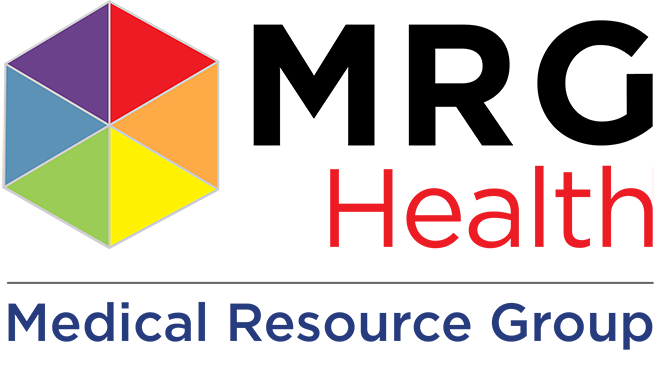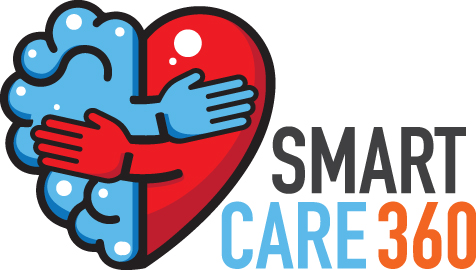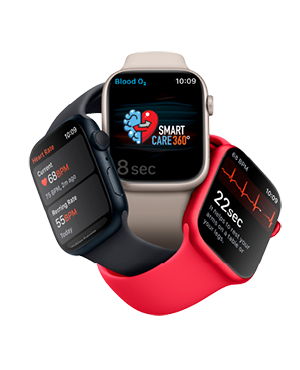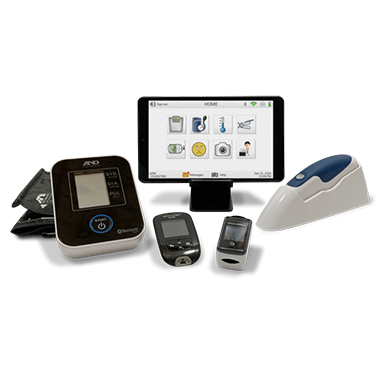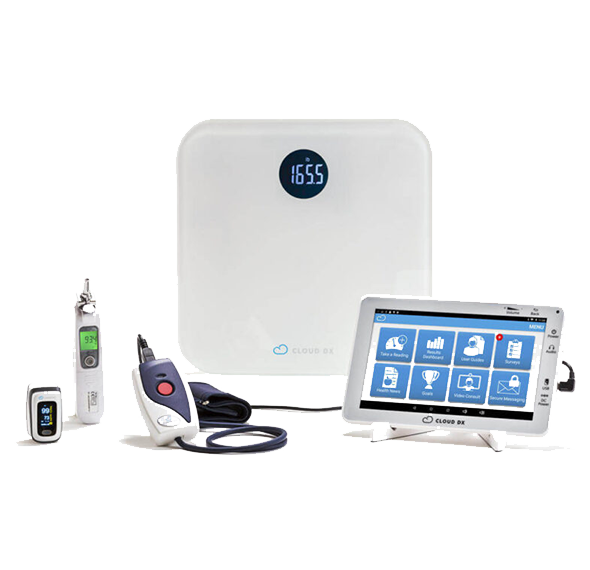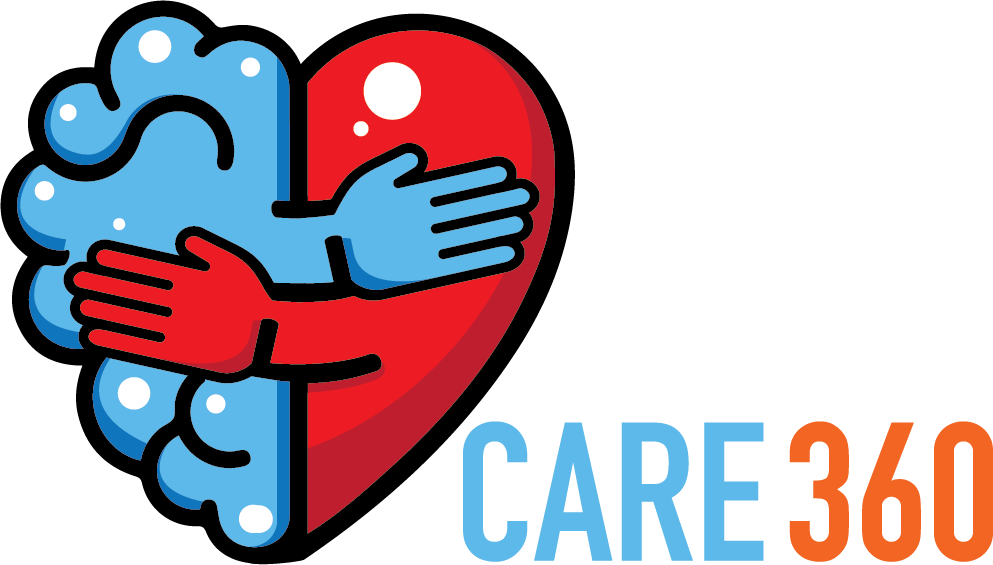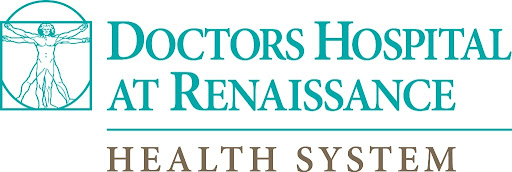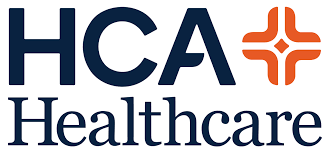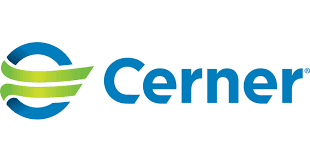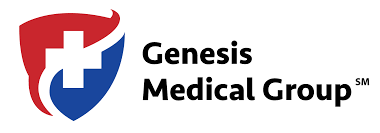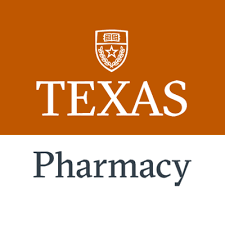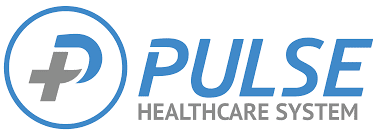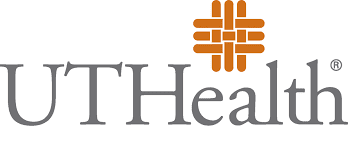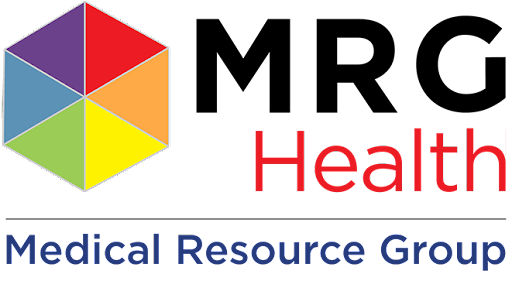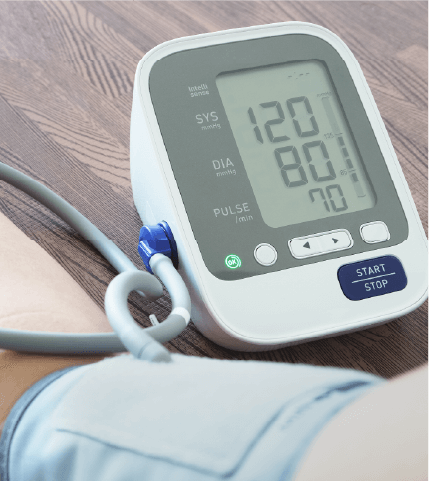
Barriers to Adequate Congestive Heart Failure Management
As a healthcare organization or private practice, there are barriers you will need to overcome in order to successfully help your congestive heart failure patients
Here are the most common ones:
- The complexity and layers of health issues that contribute to congestive heart failure which include high blood pressure, stress, poor lifestyle choices, and other correlated chronic conditions
- When the patients’ care team is not addressing the patients’ needs quickly enough.
- Lack of evidence-based treatment plans and protocols by the healthcare team.
- Poor follow-through for patient participation and self-management.
Solutions to Improve Care Outcomes
- Population Health Risk Scoring and Risk Stratefication
- Disease Specific Care Pathways
- Referral Coordination
- Seemless TeleHealth Video Conferencing
- Health Coaching
- Nutrition
- Exercises
- Wellbeing
- Social Services
Blogs
5201 Memorial Dr. Ste 529
Houston, TX 77007
Department Hours
- Monday-Friday 8:00 - 20:00
- Saturday 09:00 - 14:00
- Sunday Close
Why Smartcare360°?

Expanded Access to Providers
Geographic and socio-economic restrictions are lifted through RPM and leads to better access for patients who live in remote locations.

Cost Effectiveness
The primary advantage of RPM is its cost-effectiveness. As diabetic care seriously impacts patients’ finances, in the long run, it proves to be more reasonable, financially. With SmartCare 360, you can cut costs and see an increase in revenue within two days of implementation.

Follow-ups
Adherence is a crucial component of diabetes management. Regular, timely checkups are vital for diabetic patients. With RPMs, your patients can monitor their blood-sugar levels, plan diets, and get appropriate consultation right from their homes.

Telehealth and Care Management
Incorporating RPM in diabetic care enable better access to care, improved adherence, and better-managed symptoms. It also facilitates lifestyle modifications to improve overall patient health.
With the all-inclusive wellness program created by MRG Health, practices that adopt RPM and CCM can expect to see a boost in their bottom line by $10,000 per month for every 400 patients.
Benefits of MRG health services
Clinically-proven to significantly get patients’ congestive heart failure under control and improve overall health, in a safe and effective manner.
Get the help of smart technology to effectively manage your patients’ care even when your staff’s off-hours. Our RPM, CCM, PCM, and RTM technology is there for your patients wherever they go, whether they are at home, at work or on vacation. Your patients will get the care they need, reducing the stress and burden on your staff.
Value based virtual care services increase profitability for any practice in two ways: Reducing internal staffing costs and increasing overall revenue.
By providing physicians with real-time data, virtual care services can be used to improve care delivery, avoid potential complications, and cut expenses overall.
In addition, physicians who implement these virtual care services can qualify for special grants from the government or other organizations that help to offset the cost of care and bring in revenue for immediate use.
As a result, healthcare practices and organizations who adopt SmartCare 360
virtual care services can expect to see a boost in their bottom line of $10,000 per every 400 patients.
Clinical Research Demonstrates Virtual Care
Improves Congestive Heart Failure Outcomes
When it comes to congestive heart failure patients, the future is hopeful–and virtual. RPM gives physicians the ability to remotely monitor their patients’ vital signs and other important health indicators. This allows physicians to quickly identify any changes or problems and make necessary adjustments to the patient’s care plan. Telehealth also allows physicians to provide patients with education and support on self-care behaviors, which is essential for congestive heart failure patients. As a result, RPM has been shown to effectively reduce rehospitalization and mortality and significantly improve patient quality of life, self-care behaviors, and heart failure knowledge.
